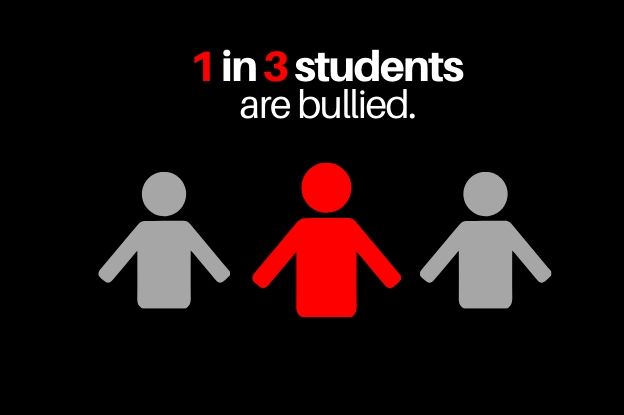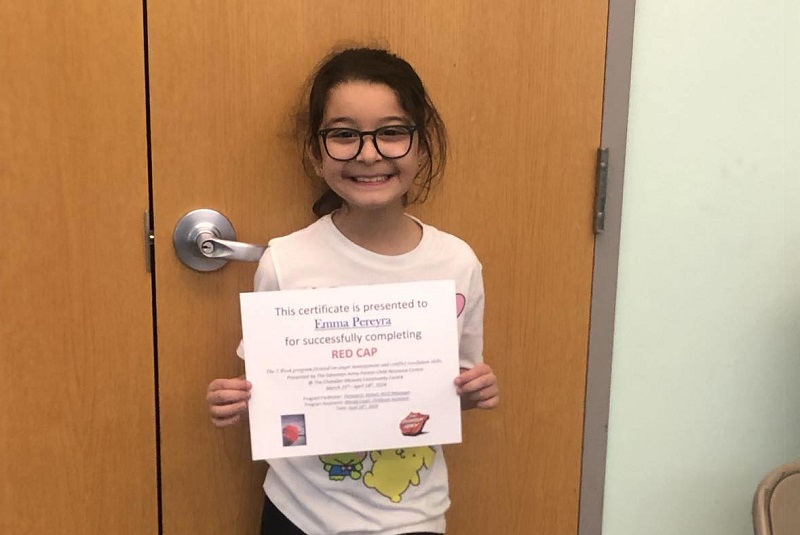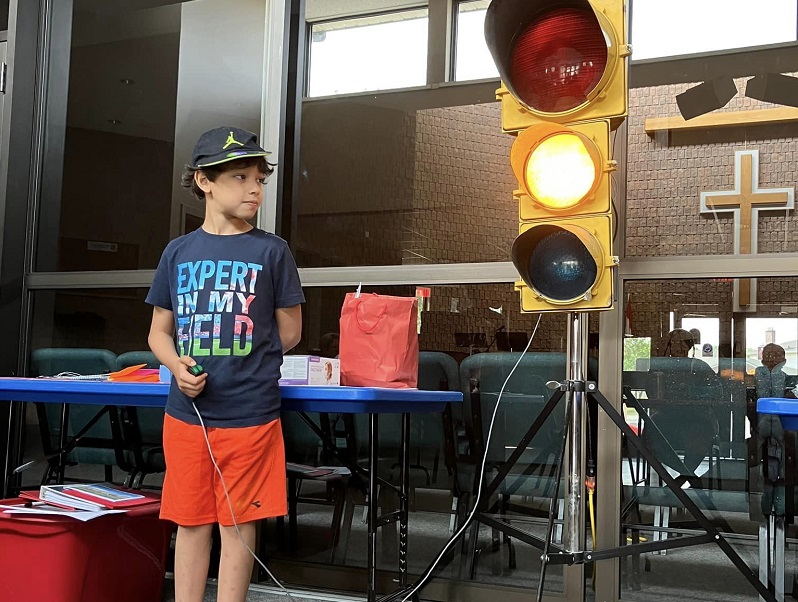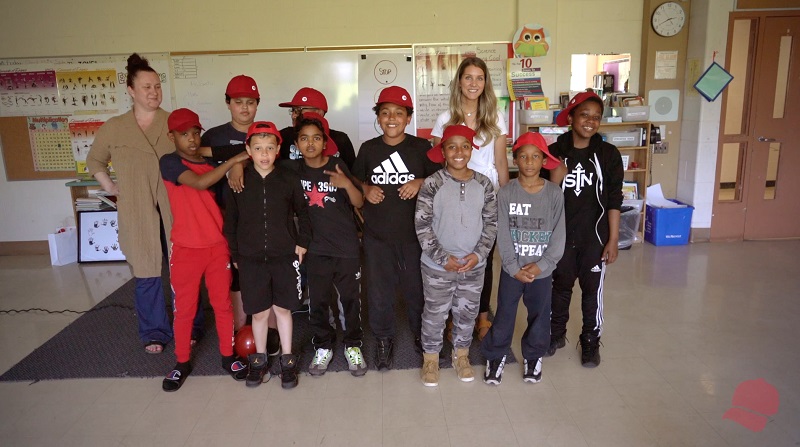Helping Teens Combat Bullying

Wednesday, February 26, is Pink Shirt Day, when Canadians are encouraged to wear pink to support the prevention, awareness and education of bullying. The Salvation Army offers programs that provide positive strategies for bullied students and for bullies who use anger to control their classmates.
“In today’s schools, bullying occurs once every 25 minutes.”
In today’s schools, bullying occurs once every 25 minutes, and at least one in three adolescent students are targets of bullying (BullyingCanada.ca). Many people think bullying is simply part of growing up and is a means for youth to learn how to stick up for themselves. Yet, bullying can have long-term physical and psychological consequences.
“How we identify anger, and the triggers, are conversations we need to have with our teens.”
The importance of the prevention of bullying goes beyond adolescence. Teens who do not learn how to control their anger are more likely to continue that aggression into adulthood. In West Kelowna, B.C., the school district contacted The Salvation Army’s T.A.S.K. (Teen Anger Management Skills) program, which assists teens who are struggling and helps them control disruptive emotions and impulses. These strategies give them the tools they need to turn their reactions into positive responses, a skill that will develop as they mature.
“T.A.S.K. creates a space to start those conversations.”
“How we identify anger, and the triggers, are conversations we need to have with our teens,” says Lindsey Payler, youth coordinator at The Salvation Army’s Renew Church in B.C. and Community Ministries. “T.A.S.K. creates a space to start those conversations and, in turn, change the way they feel, talk and think about their anger.”
Caitlin Bannow, program coordinator at the Boys and Girls Clubs of Okanagan, B.C., teams up with Lindsey to operate their group weekly, meeting Thursday mornings and afternoons. The eight-week program allows teens to reflect on their experiences with anger and helps them recognize it in others. “Many students in our school are going through issues, and it’s difficult for us to cope with our emotions,” says a participant. “Learning about these positive strategies is important.”
“Learning about these positive strategies is important.”
“Youth are very interested in learning how to manage their emotions,” says Caitlin. “They recognize that T.A.S.K. is helpful in their lives and the lives of others. It’s important to teach them to react in a way that is in line with their values and beliefs.”
By: Sharifa Campbell-Hogg



